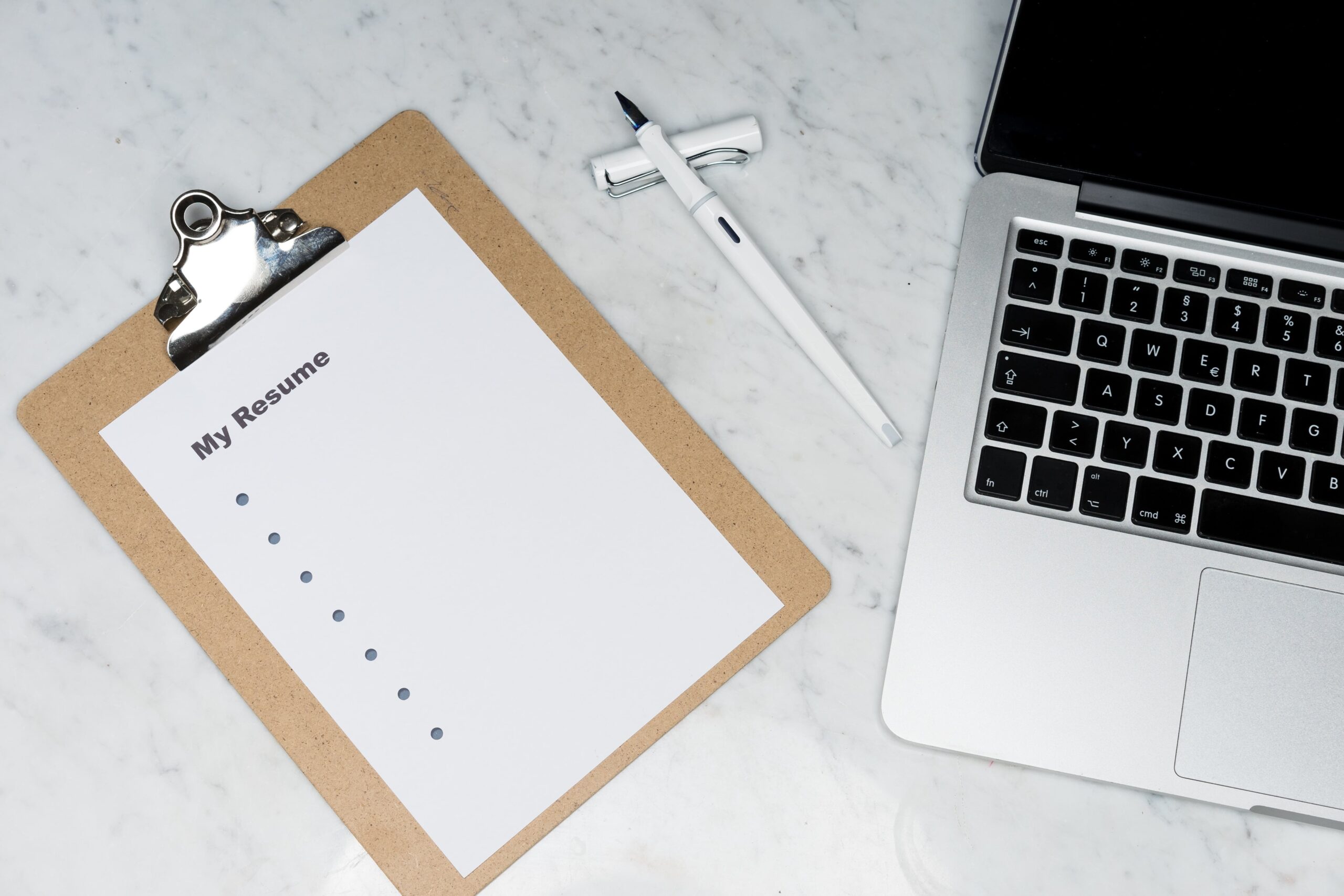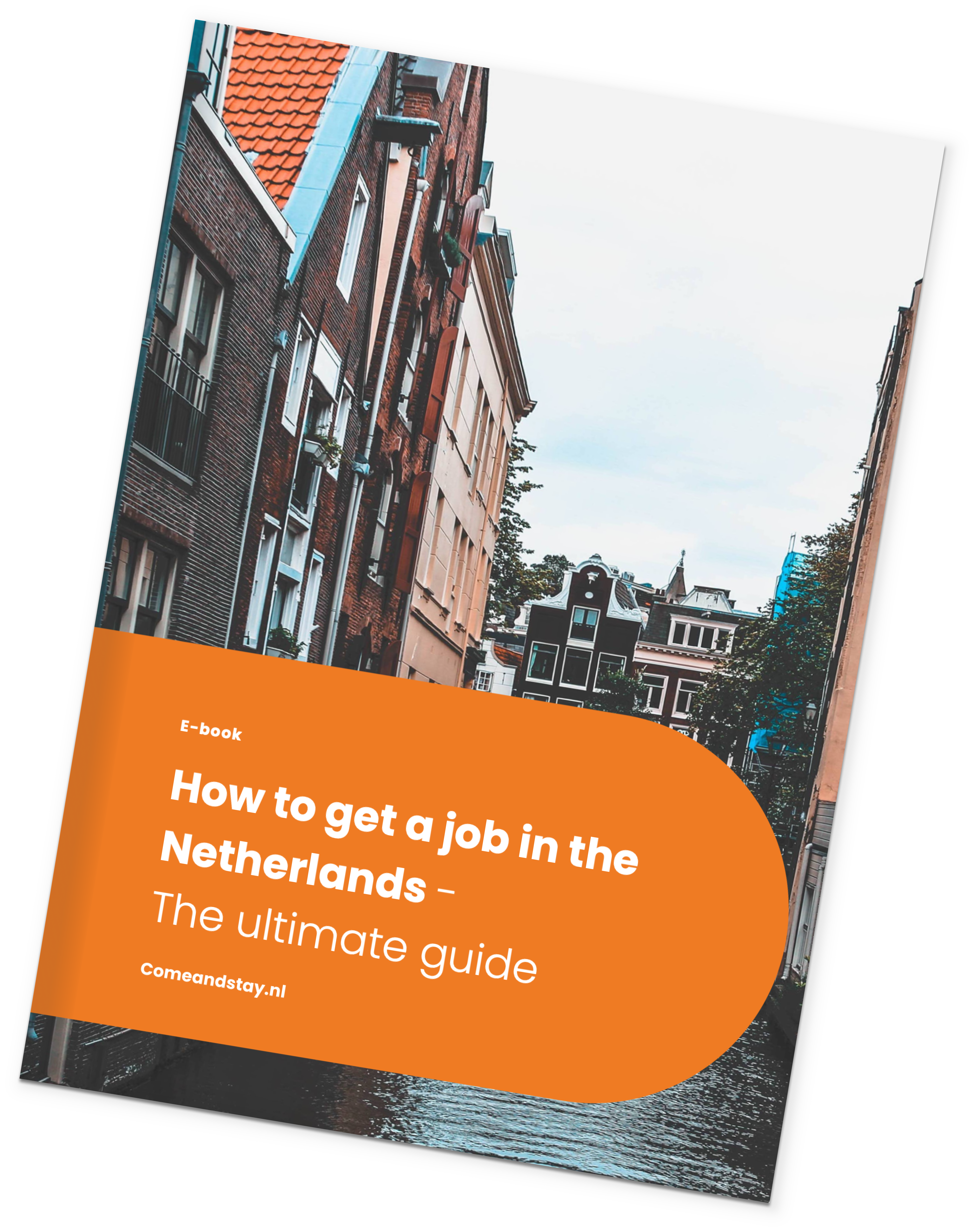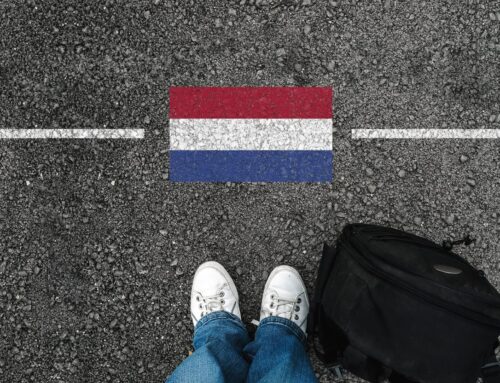Here’s our list of 5 things you need to include in your Dutch resume.
If you are looking for work in the Netherlands, besides having your LinkedIn profile up to date (we can’t stress that enough!), a neat and mistakeless resume is crucial. Let’s find out what a Dutch resume typically looks like and how you make sure yours stands out.
A basic application in the Netherlands consists of a catchy cover letter and your attached resume. Always, make sure the two accomplish each other and don’t state the same thing. A Dutch resume is meant to highlight your work experience, whereas the cover letter should be more personal and express your motivation for the job. Don’t merely write down why you want the job but also why the company wants YOU for the job.
“Dutchify” your resume
Apart from this, it might be necessary to “dutchify” your resume before job hunting in the Netherlands. After all resumes look slightly different in every country. Think of France, where it is common to put the Countries you’ve travelled to in your resume. It is NOT so in a Dutch resume!
Here are the five essential things you can do to make your resume Netherlands-proof and improve your chances to get hired:
1Make sure your resume contains your date of birth and a recent picture of yourself. The latter is not mandatory nor a must. Even though there are arguments for an application process without pictures, most recruiters appreciate immediately putting a face to the name. Bear in mind that the recruiter is going to google you anyway (again LinkedIn!). And you might not want that picture of yourself sitting on a rodeo bull with a massive pint of beer in your hand be their first impression they get (depending on the kind of work you are looking for though).
2It is common to include your hobbies and interests in a Dutch resume. However, keep in mind that recruiters read up to dozens of resumes a day. Don’t bore them with something like “in my spare time I like to hang out with my friends” or “I like to go to the cinema” (Except, of course, you apply for a job in the film industry.) Only mention hobbies and activities that actually add something to your profile, like volunteering experience or exotic sports.
3Not only resumes differ from country to country also does their educational system. If you state your education on your Dutch resume (and we assume you do!), the recruiter reading it most likely does not know the educational system of your country of origin. One thing that might give you a head start in regards to your fellow applicants is stating a Dutch (or international ) education, which is comparable to your own.
4Since you apply as an international in the Netherlands, it comes in quite handy for the company to know your current place of residence. However, this is not the information the company needs to read first. It is best to put your postal address at the end of your CV.
5Last but not least, if you are an international applicant from outside of the EU, mention whether you have a working permit for the Netherlands. Not every company will be able to apply for such, and it might save you and the recruiter a lot of time if you communicate clearly about this.
What else?
Apart from this, your resume obviously states your relevant(!) working experience. It is not a bad idea to not only customize your cover letter with regards to the company you are applying to but also adapt your resume. Whether you worked at a bar during your student years is not really relevant if you apply for a position as a Lab assistant. However, if you are applying for a customer care position, it might vote for the fact that you are social and service orientated. Include a short description of every job position you held in the past. However, keep it short, maybe even bullet points.
The most important thing about a good resume is that the highlights stand out during a quick scan. The recruiter reads dozens of resumes a day, which is why it is essential to have a well-arranged resume.
Apart from the cover letter and your resume, some companies ask you to perform a (simple) test, like a writing test if you apply for a position as a copywriter or a language test if you apply for a job that involves another language. Reference checks can also be part of the application process in the Netherlands but are not very common.
Good Luck with your quest for work in the Netherlands. Let’s state this one more time: It won’t be easy, but it is not impossible at all. The most important thing (isn’t it always): Stay positive and open-minded. Maybe working part-time in a café brings you in contact with that one person that helps you find your dream job? As long as you are not there yet, you don’t know where your paths will bring you.





